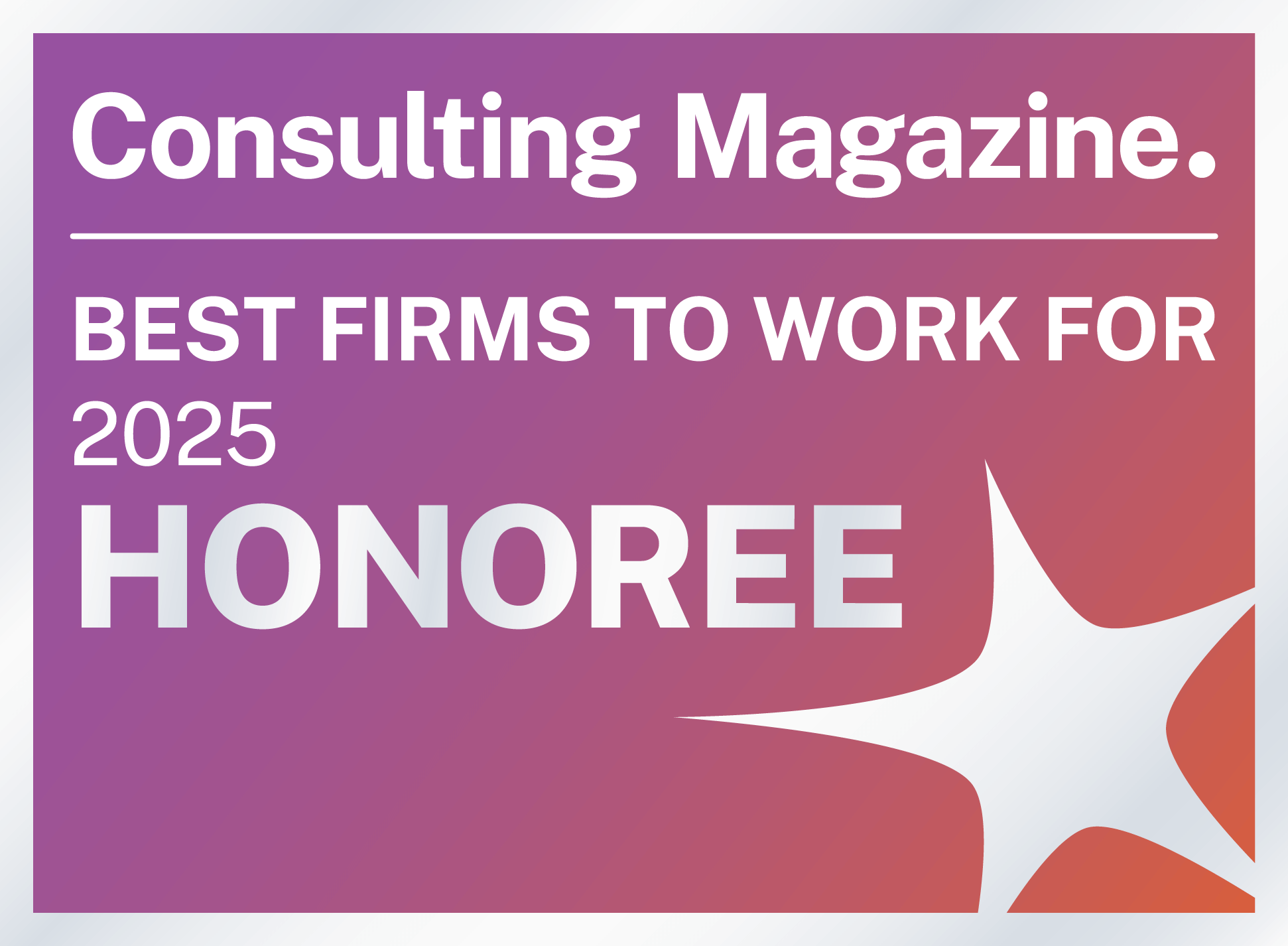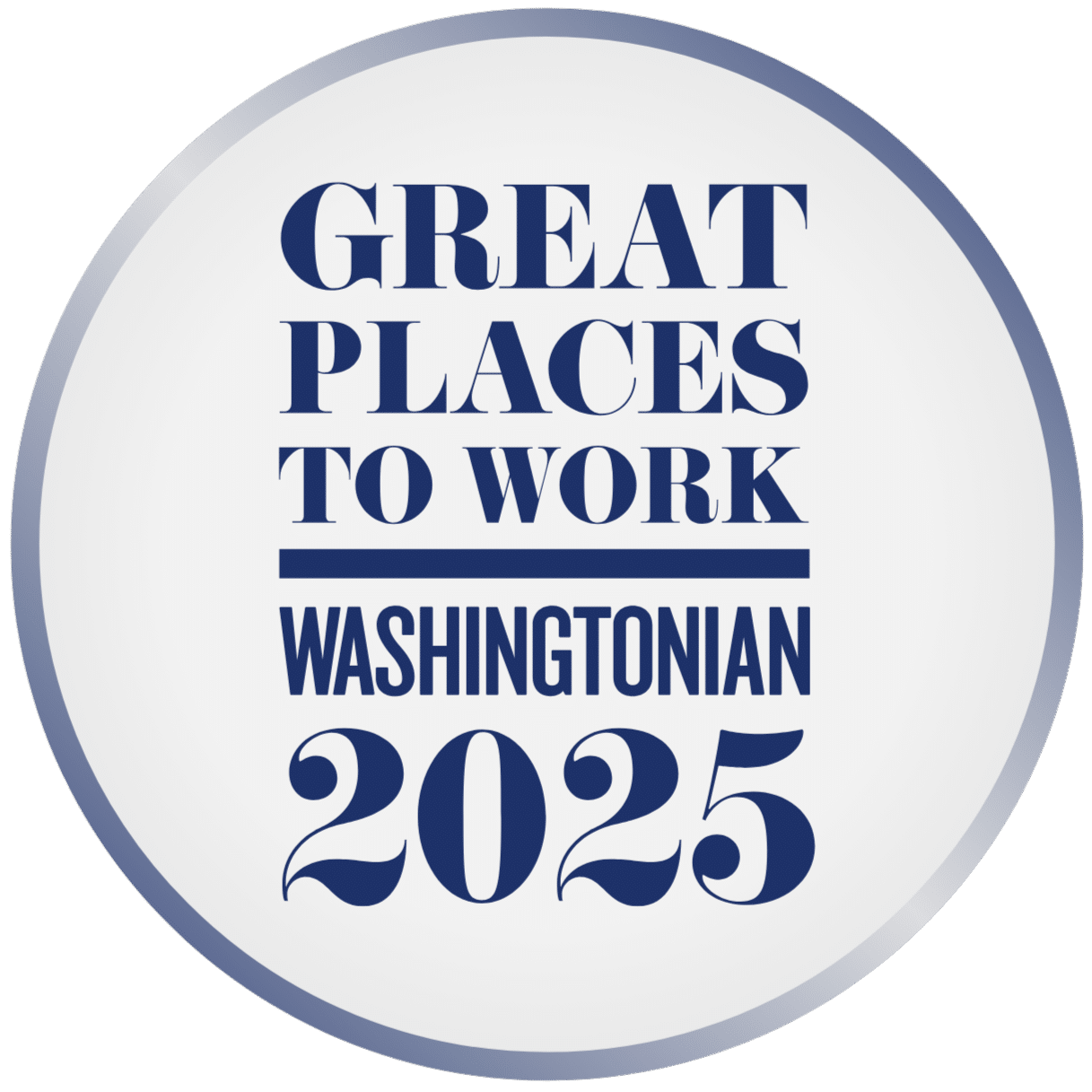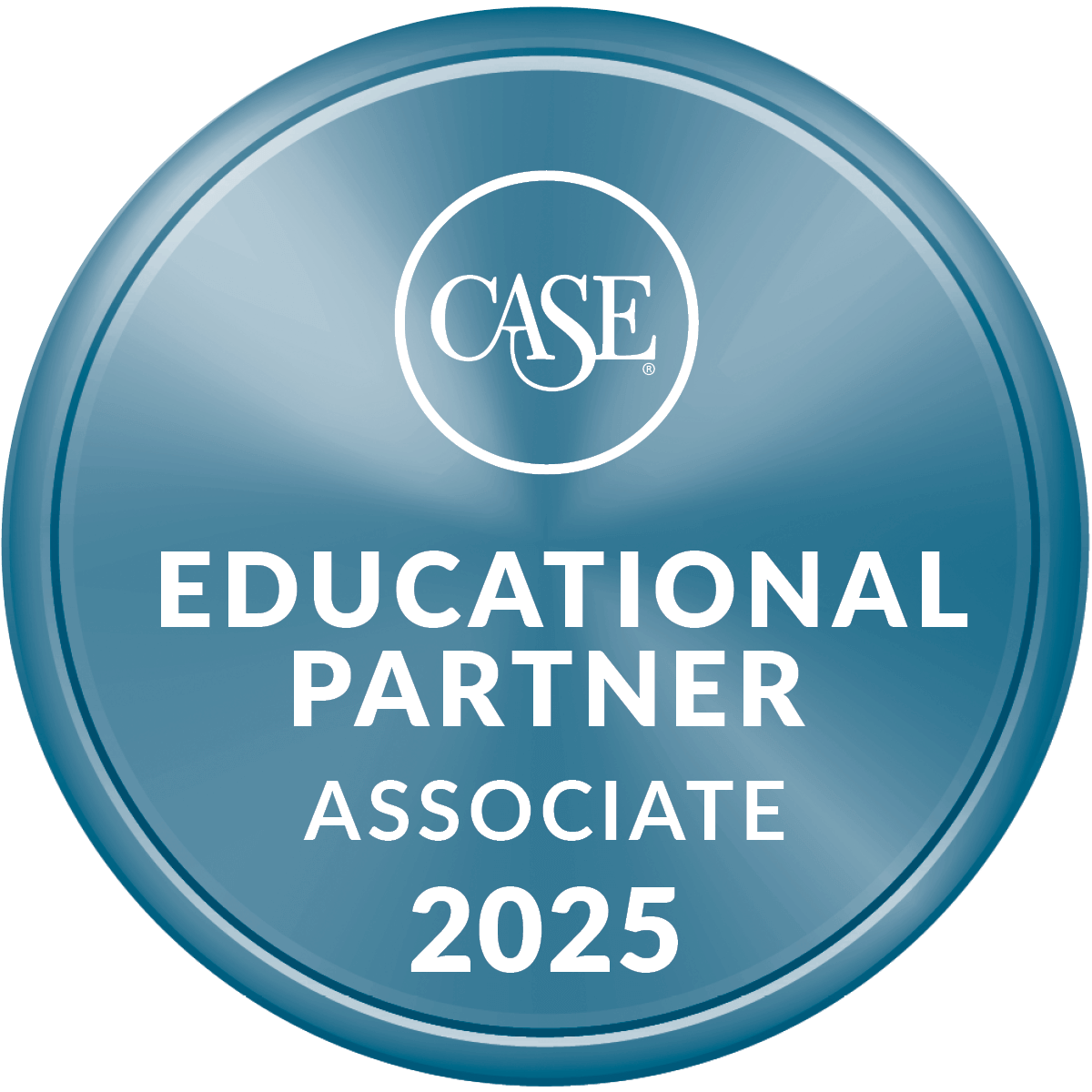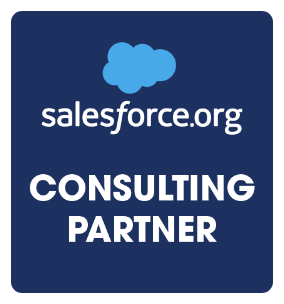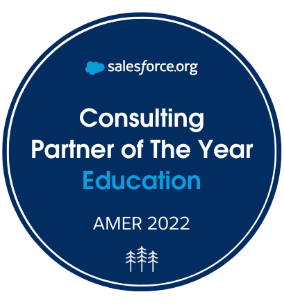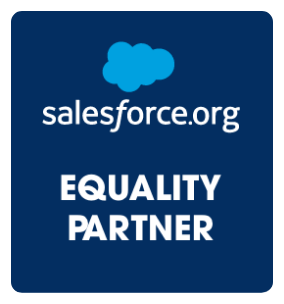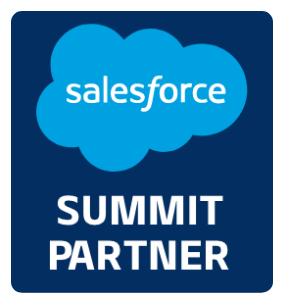
This September, a tight network of 100+ research administrators met in Connecticut to discuss federal cost accounting practices and facilitate communication among institutions of higher education in the northeast region of the United States.

Attain Partners was honored to once again be a sponsor of NECA, the Northeast Conference on College Cost Accounting. A welcoming inquisitive community of university, consulting, and federal colleagues, NECA members are a lively group of supportive professionals working to enhance federally sponsored research and help solve our real-world problems. Attain Partners team members providing formal and informal thought leadership at this year’s NECA meeting were Mark Davis, Wally Davis, Gil Tran, Bob Cohen, Viki Valey, Hilary Craiglow, and Liliana Keany.
Expert Library Strategist, Hilary Craiglow, shares her insights from the event
As a first-time attendee, I was struck by the level of expertise and friendly congeniality of university cost accountants involved in the research enterprise. Along with my co-presenter Sarah Axelrod, Assistant Vice President of Office for Sponsored Programs at Harvard, I provided a session about modern libraries and their role in the research enterprise.
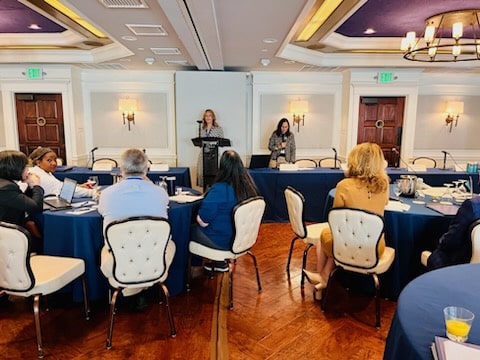
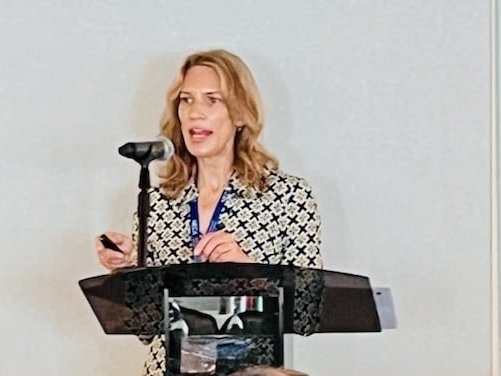
The stereotypical image of libraries—a silent space filled with rows of dusty books—is outdated. This old-fashioned view doesn’t reflect the dynamic, multifaceted role that libraries play in the research ecosystem. In the presentation titled “Enduring Relevance of Libraries in Indirect Costs,” I painted a new picture of modern university libraries—integral to research and indirect cost recovery.
The presentation highlighted how libraries work with PIs (Primary Investigators) through the research lifecycle focusing on library activities that accelerate and amplify sponsored research, notably Research Data Management (RDM), licensing scholarly content, metadata creation, systematic reviews, discovery systems, and repositories. In understanding the library’s integral role in research—particularly the associated costs—the conversation was relevant for the work of the NECA audience. Library activities supporting sponsored research incur significant costs that can be demonstrated in indirect cost recovery.
Following Uniform Guidance 2 CFR, there are two primary ways library costs can be calculated for indirect cost recovery proposals: Full-Time Equivalent (FTE) or a Special Study.
Strategic library sub-pool development is a way to improve a university’s FTE calculation. A Library Special Study offers an even more strategic way to document the actual costs incurred by libraries in support of sponsored research. For universities, thoughtfully including libraries in indirect cost recovery strategies can optimize the library component of their rate proposals. As an example, documenting actual library users, including the percentage of “other” or non-affiliated library users. While community members may visit library facilities, online subscriptions and access to licensed databases are strictly limited to members of the academic community only.
During the library presentation Q&A, federal representatives confirmed Library Special Studies as a valid tool to develop a university’s indirect cost rate proposals.
The relationship between libraries and research isn’t just about costs; it’s about collaboration. Libraries are partners in the research process, offering a range of research support services that extend beyond library spaces.
Closing out the NECA meeting, Gil Tran, Senior Specialist Leader and Regulatory Compliance Lead, moderated the always-anticipated NECA Federal Panel Q&A session. Informative and spirited, Gil facilitated a conversation of burning questions from NECA members and a panel of representatives from the federal government, including inspectors, monitoring, and cost allocation services from the NSF, HHS, and ONR.
The discussion clarified changes to Uniform Guidance on a variety of topics including thresholds, timing of implementing the new de-minimis rate, accounting for unusual compensation situations, space use, inventories, and depreciation considerations.

It was a privilege to attend the NECA meeting and get to know the impressive university cost accounting professionals. One of my biggest takeaways is that research cost accountants and librarians share a common set of values: supportive communities striving to enhance the research enterprise. I am looking forward to seeing collaborations between libraries and their campus research administrators.
Moreover, all of us at Attain Partners are looking forward to future collaborations with the remarkable NECA community.
Attending NACCA 2024?
About the Author
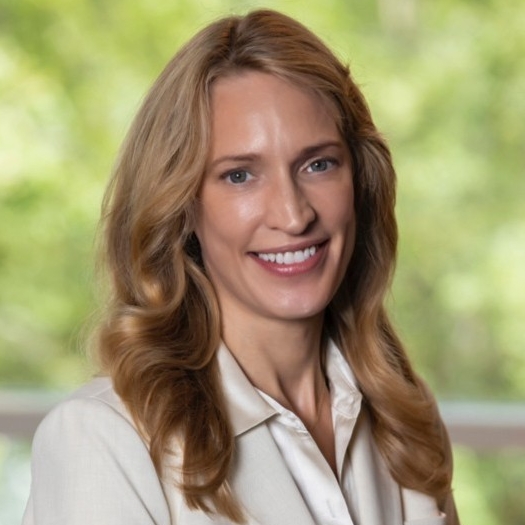
Hilary Craiglow is a Senior Manager at Attain Partners, leading our team of library strategists to strengthen library systems. With extensive experience leading academic and research libraries, Hilary has a deep understanding of college and university systems. She is a strategic and visionary administrator, melding rich library traditions with innovative forward-thinking services. As a data and mission-driven leader, she employs proven evaluation and assessment methods and creates organizational transformation through empathy and partnership. Hilary helps library leaders achieve their mission faster, more efficiently, and with greater impact.






